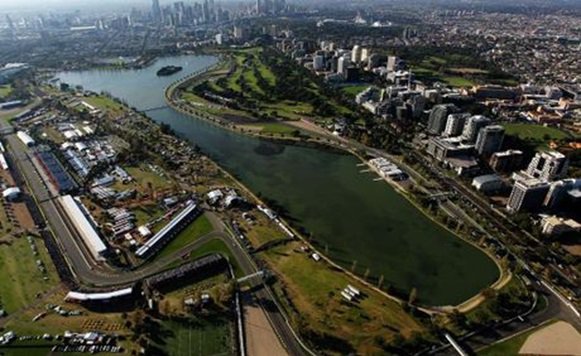Unpacking Albert Park Lake: A History
Continuing on with our ‘Unpacking History’ series, today C&G take a stroll around gorgeous Albert Park Lake. Dive into the rich river of time and culture that defines this area, and join us as we look into the past of this iconic Melbourne recreational parkland.

Like most of what we now identify as Melbourne’s bayside, Albert Park began life as swampland, a prime place for the local Wurundjeri tribe to meet for their corroborees. One of the many lagoons that pockmarked the landscape became the lake as we know it today, commencing with the draining of the swamps during the 1830s to make way for housing and agricultural development. The land was unofficially labelled a park and mostly used for military training, hunting and grazing. In 1864 it was decreed a public parkland, receiving its name from Queen Victoria’s consort, Prince Albert.

A promenade was created early in the park’s life to encourage watersports at the lake- and it didn’t take long for the sailing community to catch on! The Albert Park Yacht Club was established in 1871, and its popularity escalated quickly, with the first yacht house to be built in Australia gracing the lake’s northern shore.

Now one of the area’s most luxurious event spaces, the Park Function Centre was once known as the Power House Rowing Club. Founded by Lord Somers, the clubhouse was erected in 1932 on the eastern side of the lake. With the club’s success, extensions were undertaken - creating room for football, basketball, athletics, rugby and plethora of other sporting teams to join the rowers. Many teams carry on the Power House’s legacy, with the Argonauts Rowing club, Y Rowing Centre and the Power House Rugby Union calling the lakeside their own.

During the 1960’s and 1970’s, the clubhouse took on a different use, hosting functions key to Melbourne cultural life including dances and musical performances. With the likes of the Seekers, Olivia Newton-John and Johnny O’Keefe playing to packed dancefloors, its unsurprising that the Power House defined the social scene. To celebrate its culture and contribution to bayside history, the Power House is currently organising a gala reunion event including dinner and a 17-piece jazz band. Hot diggity!
